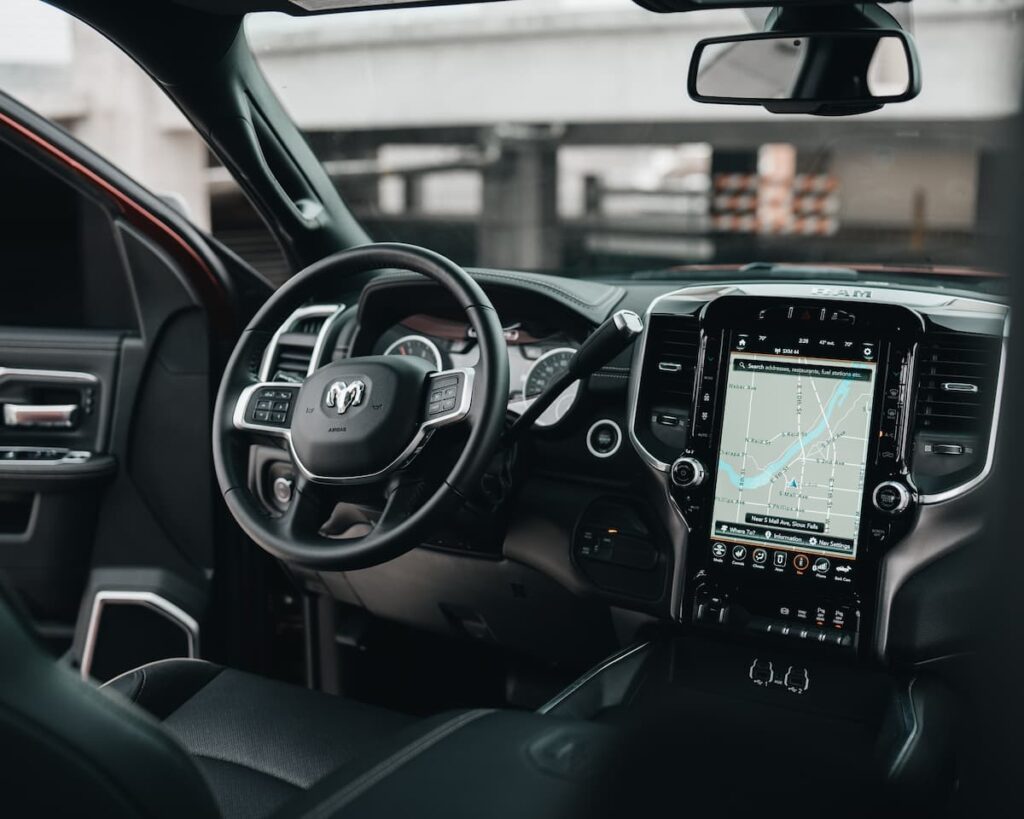Chances are you're familiar with cars equipped with Bluetooth, hands-free devices, USB ports for charging your phone, and even wireless charging pads. But have you ever considered owning a car that also serves as your personal assistant? One that connects with other people and services via the internet? It might sound futuristic, but connected cars are here, and they’re changing the game. They don't just play music or navigate—they provide real-time updates on traffic, safety alerts, vehicle diagnostics, and so much more. And yes, alongside solar-powered vehicles, they’re making headlines in the automotive industry.

What Exactly Is a Connected Car?
Technology keeps evolving, and every sector wants to stay ahead. The automotive industry is no exception. Connected cars differ from conventional ones in almost every aspect—starting with their factory settings. Unlike regular cars, connected cars come equipped with a SIM card and a dedicated module that allows them to communicate with storage servers and call centers. This opens up a whole new world of possibilities for both drivers and passengers alike.
These cars fall under four main categories of functionality: information, entertainment, safety, and diagnostic features. Let's dive deeper into what each entails.
1. Information Functions
These functions provide practical information tailored to your needs:
- Real-time traffic updates, including accidents, roadblocks, or heavy traffic during peak hours;
- Notifications reminding you of upcoming appointments and suggesting the best routes;
- Locations of nearby gas stations when your fuel level is low.
2. Entertainment Functions
For those long drives, connected cars make sure you don’t get bored:
- Integration with your smartphone apps, whether you use iOS or Android;
- Access to music streaming services and podcast libraries;
- Voice commands to control playback or switch tracks;
- Internet connectivity for passengers to browse, stream, and chat online.

3. Safety Functions
Connected cars prioritize safety without compromise:
- Emergency roadside assistance to locate you instantly if something goes wrong;
- Integration with GPS systems like Google Maps or Waze for seamless navigation;
- Remote locking and unlocking via a mobile app;
- A vehicle tracking system to keep tabs on your car’s whereabouts;
- Adjusting the AC remotely so your car is comfortable before you step inside;
- Anti-theft measures, such as immobilizing the vehicle if stolen.
4. Diagnostic Functions
These features monitor your car’s health:
- Live reports on your car’s current condition;
- Reminders for your next maintenance check;
- Real-time tire pressure monitoring;
- Fuel efficiency calculations based on your driving habits.
With all these features at your fingertips, buying a connected car starts to feel like a no-brainer—if you’re in the market for a new vehicle, that is. These innovations aren’t just about convenience; they’re about safety, efficiency, and peace of mind. Whether you’re commuting to work or embarking on a road trip, a connected car transforms the driving experience entirely. So why settle for a regular car when you can have one that thinks ahead?
Bulk Cement Tank Trailer,Bulk Cement Tanker Truck Trailers,Cement tank trailers
Shandong Tenda Vehicle Co. LTD , https://www.tendavehicle.com